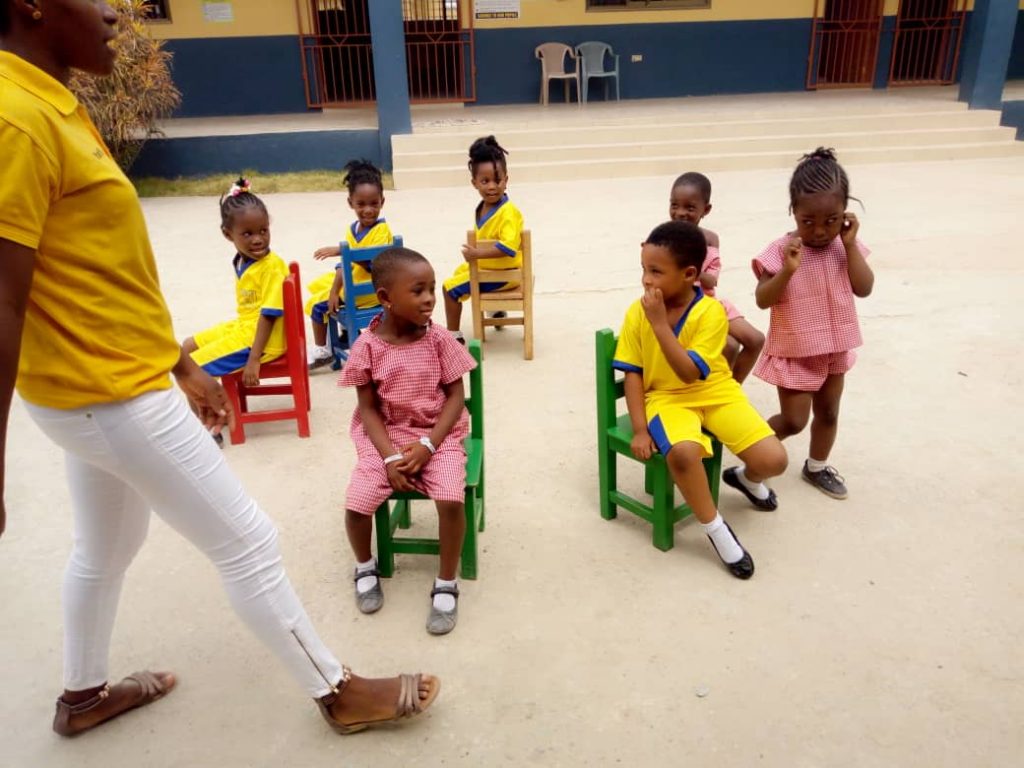Children who attend preschool are better equipped for kindergarten than children who do not. Preschool education gives students a head start and prepares them for the challenges of primary school. According to a highly-cited and groundbreaking 2004 study published in the UK, preschool attendance enhances all-round development in children – and an early start (before the age of three) is even better.
The benefits of a preschool education for children include:
- Fostering an early passion for learning
- Arousing curiosity
- Promoting language development and vocabulary
- The improvement of fine motor and sensory skills
- Enhancing creativity and problem solving skills
- Socialisation
- The ability to interact with others from diverse backgrounds
- Lowering the risk of developing learning difficulties
- Lessening the effects of disadvantage.
High quality early years education contributes to intellectual and social development in children. But what constitutes ‘high quality’ preschool education?
Quality staff
Settings with highly qualified staff contribute to students that demonstrate high academic and social development. Preschools with trained teachers and university educated staff are more likely to produce quality education.
Interaction
High quality preschool settings have staff who form genuine relationships with students and view educational and social development as complementary. A play-based learning approach helps students make sense of their social worlds and develop a sense of community. The best centres cater to children of different genders, cultural backgrounds and abilities and interests.
Duration of study
An early start at preschool – between two and three years of age – is linked with better intellectual attainment and higher sociability in children. High quality preschool education combined with longer duration has the biggest effect on development.
The curriculum
Centres that emphasise literacy, maths, science and the environment show the best academic outcomes, especially in reading and maths at age six. Open-ended questions and modelling or scaffolding are important to a student’s cognitive development.
One-on-one attention and group activities
High quality preschools balance one-one attention with group activities. Examples of activities include groups working together to solve a problem, complete an activity, contribute to a story, or an individual student working one-on-one with an adult.
Quality early years education is crucial to a child’s intellectual and social development. It promotes social inclusion and arouses curiosity in students.

